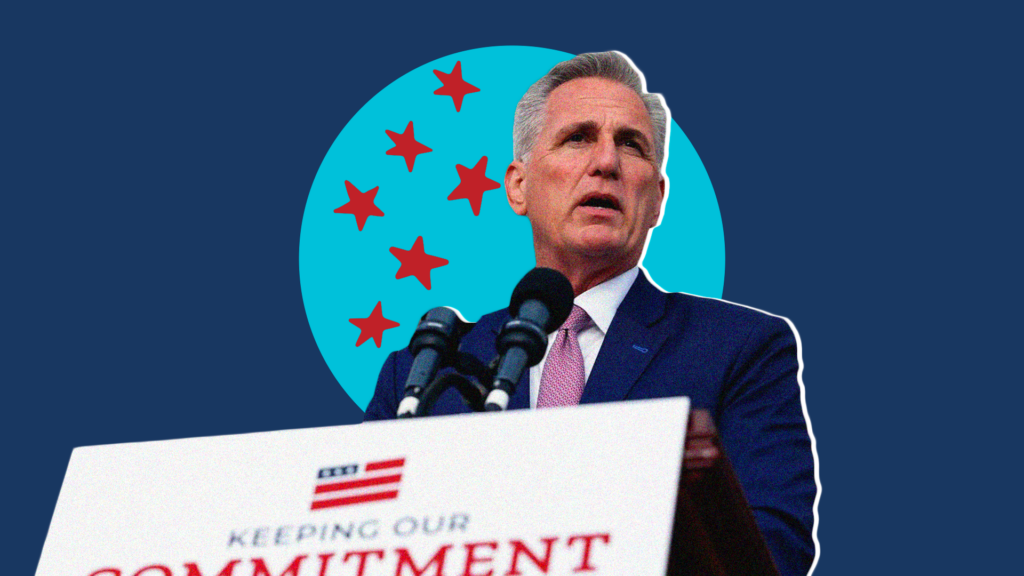GOP Conservatives in U.S. House Offer Cuts to Help Balance Budget
In 1994, Republicans won control of Congress by touting their “Contract with America.”
Twelve-years later, conservative Republicans, angered by the growing budget deficit and increased pork-barrel spending, proposed massive budget cuts that they say will help balance the budget by 2011.
“House conservatives believe we must return to our 1994 roots of fiscal discipline and reform,” said Rep. Mike Pence, R-Ind., the chairman of the Republican Study Committee, a group of more than 60 conservative members of the House who wield some influence within the party.
The group released its “Contract with America Renewed” yesterday. It recommends 150 cuts, including some to programs that the group claims are outdated or that duplicate state and local efforts.
Among those:
Elementary and high schools for children on military bases, saving $375 million.
Radio Free Europe, saving $395 million.
The “Moon to Mars” science program, saving $9.8 billion.
Watershed and flood-prevention programs, saving $375 billion.
Corporation for Public Broadcasting, saving $1.5 billion.
The proposal also “substantially” reduces the funding level of three Cabinet agencies – Education, Energy and Commerce, said Rep. Jeb Hensarling, R-Texas, the study-panel member in charge of budget issues.
Dan Palazzolo, a political-science professor at the University of Richmond, said that the proposal demonstrates the internal struggles within the Republican Party heading into an election year.
“There is a conversation in the Republican Party on two levels: How do we maintain (our control) and expand (our membership numbers) in the House? And a real-honest-to-goodness policy debate of ‘who are we?'” Palazzolo said.
A group of about 30 people from North Carolina went to Washington to show support for the proposed cuts. The trip was organized by Freedom Works, a national conservative research center that advocates restraint on federal spending.
“If we are on TV, and people see us, and members see us holding our signs, they will know we support what they are doing,” said Nancy J.R. Wells of Greensboro.
President Bush introduced his $2.7 trillion budget last month. He proposed cuts to education and health-care programs, but they were not as extensive as those that the study committee put forward.
Rep. Virginia Foxx, who represents North Carolina’s 5th District and is a member of the study committee, defended the cuts, which also include eliminating federally subsidized student loans for graduate students.
“I bet a lot of these programs have benefit, and all of them have a constituency” Foxx said. “There is also a (proposed cut to the) African-elephant preservation program. (The question is) are these appropriate things for the federal government to do?”
Thomas Mann, a budget expert at the Brookings Institution, said he doesn’t expect the study committee’s proposals to be well received.
“There is relatively little interest in (making significant cuts) in this election year of Congress,” Mann said. “My guess is that the president’s proposed cuts will be seen as a ceiling and not a floor.”



